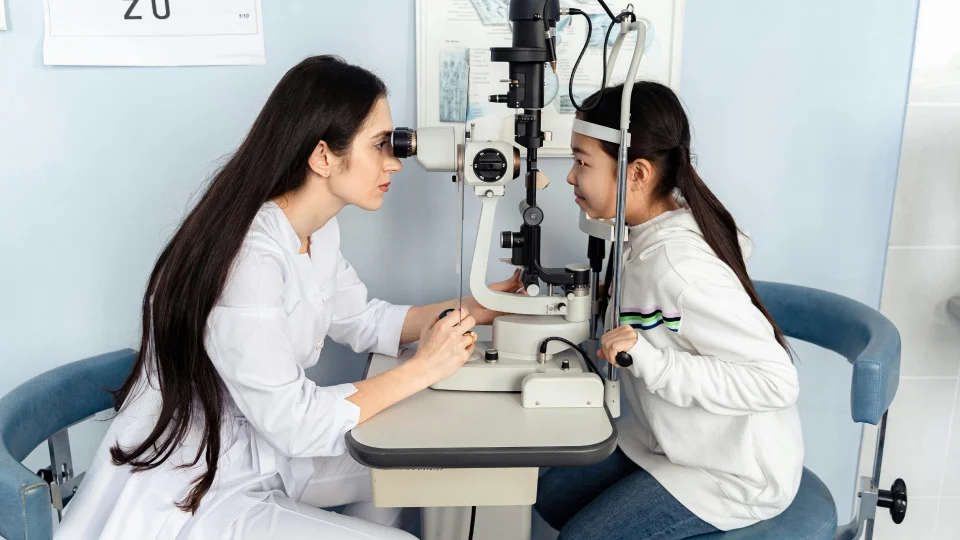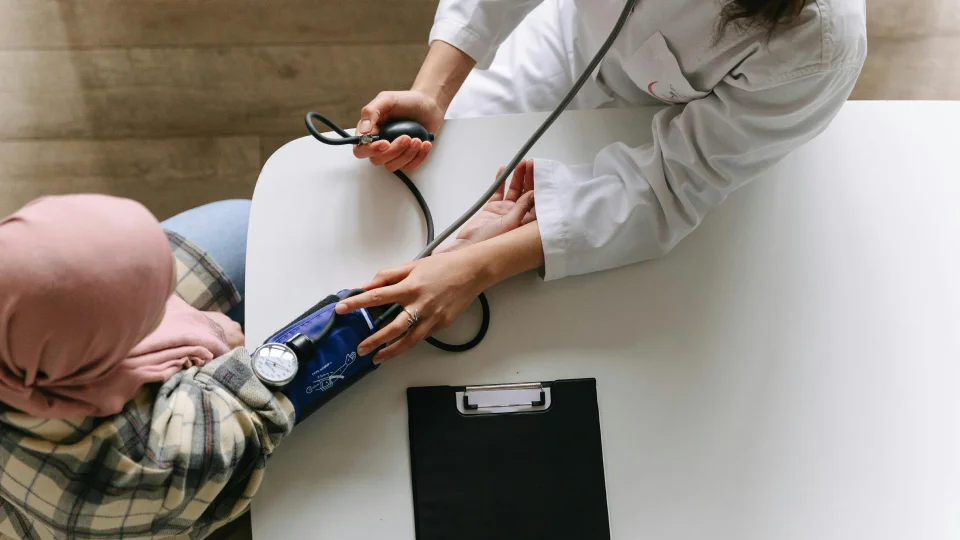Introduction
Irritable Bowel Syndrome (IBS) is one of the most common gastrointestinal disorders that affect millions of people worldwide. It’s a condition that affects the large intestine, causing symptoms like abdominal pain, bloating, diarrhea, and constipation. While IBS is not life-threatening, it can severely impact a person’s quality of life.
As a gastroenterologist in Bilaspur, Dr. Aakash Garg has extensive experience in diagnosing and managing IBS. In this blog, we’ll discuss what IBS is, its symptoms, potential causes, and the treatment options available to help manage this condition.
What is IBS?
Irritable Bowel Syndrome (IBS) is a functional gastrointestinal disorder, meaning that the digestive system appears normal, but it doesn’t work as it should. It affects the colon (large intestine) and is characterized by a variety of digestive symptoms, including:
- Abdominal pain or discomfort
- Bloating
- Diarrhea or constipation (or alternating between both)
- Mucus in the stool
- Feeling of incomplete bowel movements
The exact cause of IBS is still unknown, but it’s thought to be related to issues with the way the brain and the gut communicate.
What Causes IBS?
While the exact cause of IBS is not fully understood, several factors may contribute to its development. These include:
- Gut-Brain Interaction: The digestive system may be overly sensitive to stimuli, causing abnormal contractions in the colon.
- Stress and Anxiety: Emotional stress can trigger IBS symptoms or make them worse.
- Dietary Factors: Certain foods, like fatty foods, dairy, caffeine, or alcohol, can exacerbate IBS symptoms.
- Infections: A previous infection (such as food poisoning or gastroenteritis) can sometimes trigger IBS in susceptible individuals.
- Gut Microbiome Imbalance: An imbalance in gut bacteria may contribute to IBS symptoms.
Common Symptoms of IBS
Symptoms of IBS can vary from person to person, but common ones include:
- Abdominal cramping: Often relieved after a bowel movement.
- Bloating and gas: A feeling of fullness or swelling in the abdomen.
- Alternating diarrhea and constipation: Some people with IBS experience both diarrhea and constipation, while others may have one or the other.
- Mucus in the stool: IBS can cause mucus to appear in the stool.
- Fatigue: Many individuals with IBS report feeling tired or fatigued, especially after meals.
If you experience any of these symptoms regularly, it’s important to consult a gastroenterologist to rule out other conditions and to get an accurate diagnosis.
How is IBS Diagnosed?
There is no single test for IBS, but Dr. Aakash Garg uses a combination of your medical history, symptoms, and sometimes additional tests to diagnose the condition. Some diagnostic tools may include:
- Physical examination and lab tests: To rule out other conditions.
- Colonoscopy: To examine the colon and ensure there are no other issues.
- Blood tests: To check for conditions that could mimic IBS, such as infections or inflammation.
- Stool tests: To check for signs of infection or other gastrointestinal disorders.
If IBS is suspected, Dr. Garg will work with you to develop a personalized treatment plan based on the severity of your symptoms.
Treatment Options for IBS
While there’s no cure for IBS, the condition can be effectively managed with a combination of lifestyle changes, dietary adjustments, and medications. Dr. Aakash Garg offers a comprehensive treatment approach, which may include:
- Dietary Changes:
- FODMAP Diet: A diet that eliminates foods that may irritate the gut, like certain fruits, vegetables, and dairy products.
- Fiber Management: For patients with constipation-predominant IBS, adding soluble fiber can help. For diarrhea-predominant IBS, fiber supplementation may also help manage symptoms.
- Avoiding Trigger Foods: Common triggers include caffeine, alcohol, and spicy or fatty foods.
- Medications:
- Antispasmodics: To reduce abdominal cramping and discomfort.
- Laxatives: For constipation-predominant IBS.
- Antidiarrheal medications: For diarrhea-predominant IBS.
- Antidepressants: In some cases, low-dose antidepressants can help manage IBS symptoms by addressing the gut-brain connection.
- Probiotics: Certain probiotic supplements can help restore the balance of gut bacteria and improve digestion.
- Stress Management: Since stress can trigger IBS symptoms, Dr. Garg may recommend relaxation techniques like yoga, mindfulness, or cognitive behavioral therapy (CBT) to manage stress levels.
Why Choose Dr. Aakash Garg for IBS Treatment?
Dr. Aakash Garg offers specialized care for individuals suffering from IBS. With years of experience as a gastroenterologist in Bilaspur, he uses advanced diagnostic tools and personalized treatment plans to help manage IBS and improve your quality of life.
His patient-centered approach ensures that every patient receives the attention and care they deserve. Dr. Garg also emphasizes educating his patients about IBS, helping them understand their condition and make informed decisions about their treatment.













2 Comments
Adam Gordon
It’s a great pleasure reading your post!
cmsmasters
Always happy to be of service.